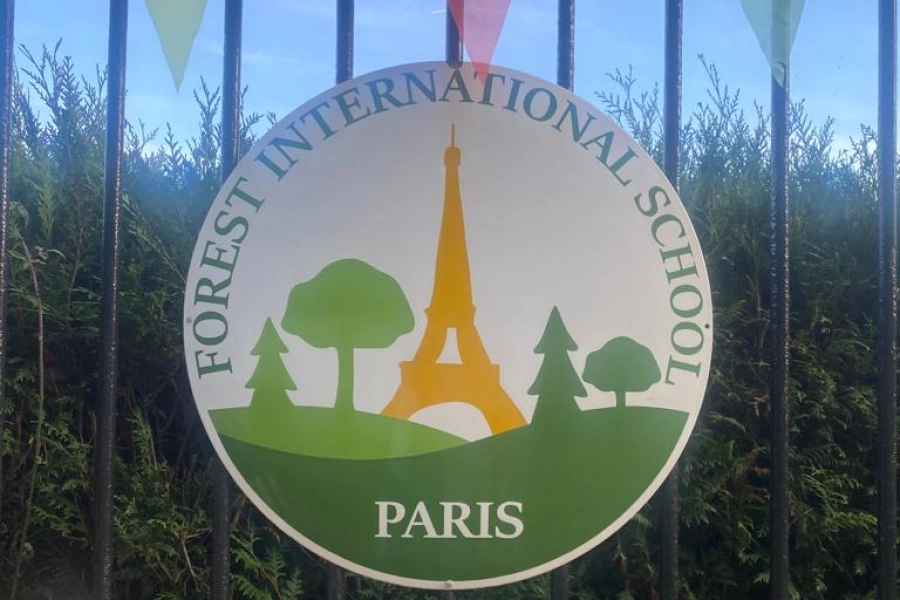


The rules governing private schools in France: status, control and duty to teach
Private Education in France: Regulatory Framework and Standards
Status and Regulation of Private Schools
In France, private education holds a prominent position, offering an alternative to the public education system. However, these institutions are subject to strict regulations to ensure high-quality teaching and adherence to students' rights. Private schools fall into two categories: those with contracts and those without.
Contract Schools: These institutions have agreements with the state to follow the national curriculum and are subject to regular inspections. They receive public funding for teacher salaries and certain operational costs.
Non-Contract Schools: These schools do not receive public funding and are not required to follow the national curriculum strictly. Nonetheless, they must adhere to a minimum educational framework set by the state and undergo regular inspections to ensure teaching quality.
Establishing a new non-contracted school requires a declaration to the education authorities. This declaration may be contested for reasons such as inadequate facilities or non-compliance with safety standards.
Compulsory Education Requirements
In France, education is mandatory for children aged 3 to 16. Public schools are a fundamental part of this compulsory education, mandated to provide high-quality education that upholds the core values of the Republic, including secularism, equality, and freedom.
Declaration and Oversight
Opening a private school necessitates prior declaration to the mayor and education authority. This process ensures that the school meets all physical, health, and safety requirements. Authorities can block the opening if the conditions are not met, ensuring that only suitable establishments operate.
After five years, a non-contracted school may apply for a contract with the state. This contract requires the school to accept students from diverse backgrounds and provides state-funded salaries for teachers, aligning them with their public school counterparts.
Contracts with the State
The state offers two types of contracts to private schools:
Contrat d'association: This contract requires adherence to the national education curriculum and participation in national assessments. In return, the state funds teachers' salaries and may subsidize other operating costs.
Simple Contract: This less restrictive contract allows schools more freedom in teaching methods but offers reduced financial support from the state. Schools with this contract must still adhere to a minimum curriculum framework and ensure satisfactory educational outcomes.
To obtain a state contract, schools must demonstrate their ability to deliver quality education and comply with Ministry of Education requirements. They are subject to thorough inspections before and during the contract period.
Inspections and Compliance
All private schools, whether contracted or not, undergo regular administrative and educational inspections. These inspections assess:
Curriculum Adherence: Contracted schools must follow the national curriculum and participate in assessments. Non-contracted schools must provide education that meets the core objectives of the French education system.
Teaching Quality: Inspectors evaluate the qualifications of teachers and the effectiveness of teaching methods.
Student Rights: Schools must ensure a respectful environment, protecting students from discrimination and upholding secularism and equal opportunities.
Health and Safety: The school premises must meet health and safety standards, with regular inspections ensuring compliance.
Sanctions and Appeals
Non-compliance with regulations can result in penalties ranging from formal notices to administrative closure. Regular inspections help identify and address issues promptly, maintaining high standards in private education.
Conclusion
Private schools in France play a vital role by offering alternatives to public education, governed by strict regulations to ensure quality and student welfare. These schools must meet educational standards, undergo regular inspections, and may benefit from state contracts providing financial and educational support. This rigorous regulatory framework assures parents of a safe and high-quality educational environment for their children.


